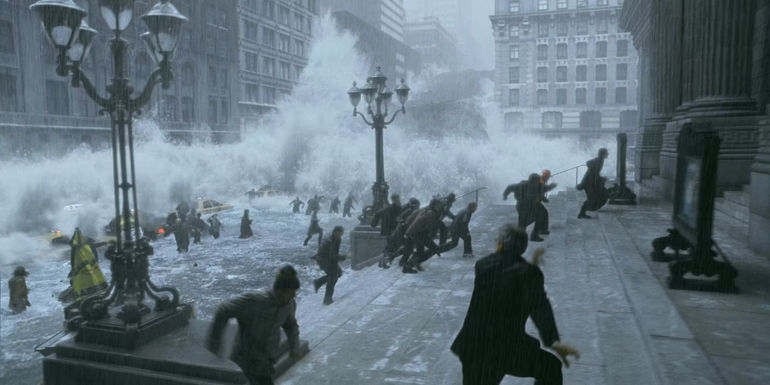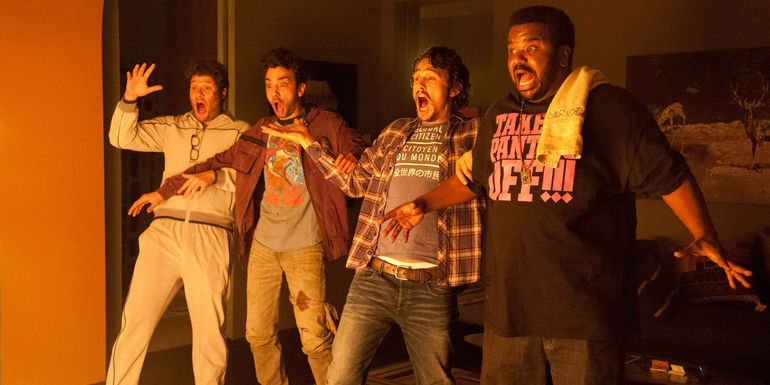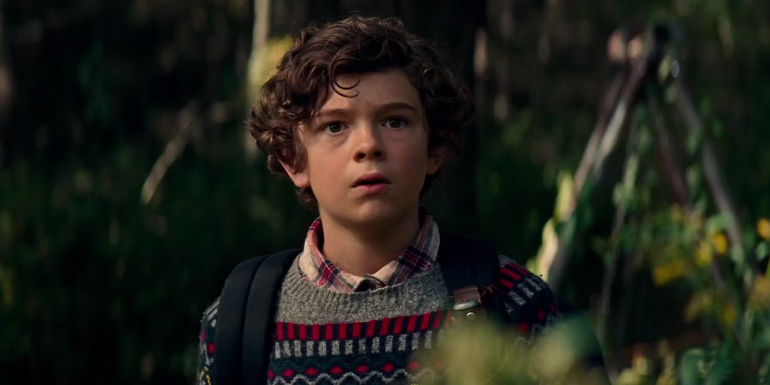
The Best Apocalypse Movies: A Cinematic Journey of the End of Days

Exploring the most thrilling and thought-provoking movies about the apocalypse, from zombie apocalypses to climate catastrophes and beyond.
The Fascination with Apocalyptic Movies
Moviegoers have long been captivated by the idea of the world's demise, finding a morbid fascination with the end of civilization. Some of the best movies on this topic have allowed audiences to explore and satisfy their curiosity as they witness unimaginable events unfold on the screen. There seems to be an innate curiosity in humanity regarding the end of the world that has translated well onto the silver screen. Whether it be zombie apocalypses, nuclear fallouts, climate catastrophes, or collisions with asteroids, the concept of society's collapse and the depths of human survival provide ample fodder for thrilling, action-packed films.
The Fascination with Apocalyptic Movies
Though the scenarios presented are often exaggerated or unrealistic, the best end of days movies still find ways to resonate. They tap into the universal fear of the unknown and force both characters and viewers to confront their mortality. At their core, however, many of these films share an enduring positivity about human resilience. As dystopian movies with bleak futures emerge and unthinkable hardships arise, people inevitably band together in search of hope, redemption, and a new beginning. In the face of doomsday prophecies, the best films remind us that the human spirit can prevail.
The Best Movies About the Apocalypse
Shaun of the Dead stands out as one of the most memorable and entertaining films about an apocalypse due to its unique blend of horror, comedy, and heart. Rather than focusing solely on zombie action thrills, it explores universal themes of relationships, responsibility, and maturity while injecting dark humor into its undead mayhem. Even though the world doesn't fully end, the characters believe society is collapsing all around them. Shaun emerges as an unlikely hero who steps up in the face of catastrophe to rescue his loved ones. The film's balance of scares and laughs is why it rises above standard doomsday fare.
Shaun of the Dead Ed talking to a sad Shaun drinking a beer
When it debuted in 2004, The Day After Tomorrow brought chilling new meaning to the term 'climate disaster.' The film is a thriller rooted in environmental science, imagining the impact of accelerated global warming. As the polar ice caps melt and usher in a new ice age, the film visualizes the catastrophic ramifications, filled with epic storms and floods engulfing cities, turning the planet into something uninhabitable. Beyond the dazzling effects, there's a sobering message about climate inaction. By channeling real climate concerns into an apocalyptic narrative, The Day After Tomorrow makes global warming viscerally real.
This rewatchable Seth Rogan comedy takes a satirical stab at celebrity culture and the end of days by plunging debauched Hollywood caricatures into apocalyptic madness. As the world’s demise unfolds at James Franco's star-studded house party, This Is The End gleefully skewers the pretentious vanities of the Hollywood elite. What begins as a series of sophomoric hijinks evolves into a fight for survival as society descends into chaos all around them. The film's no-holds-barred portrayal of the A-listers' unraveling in the face of doomsday is cathartic. By the rapturous finale, Seth Rogen and friends transcend self-parody to ultimately find redemption.
Seth Rogen, Jay Baruchel, James Franco, and Craig Robinson jumping from a fire in This is the End.
Exploring Human Resilience in Apocalyptic Cinema
The timeline in A Quiet Place chillingly imagines a post-apocalyptic world where sound equals death. With minimal dialogue, the film's tense silence immerses viewers into the terrorized existence of the Abbott family as they navigate their soundless days avoiding merciless creatures that hunt by auditory cues. Innovative sound design replaces a traditional score, making everyday noises like a toy rocket or creaking floorboard absolutely horrifying. As the family's survival methods are tested by a new pregnancy and their own human mistakes, A Quiet Place uses its original concept to explore trauma, grief, and the primal instinct to protect one's kin.
Noah Jupe looking scared in A Quiet Place
Bleak, haunting and emotionally devastating, The Road finds beauty in the apocalypse through the profound bond between a father and son. As Viggo Mortensen and Kodi Smit-McPhee traverse the stark post-disaster landscape in search of hope, the film grapples with weighty themes of morality and sacrifice in times of desperation. Its stripped-down style and raw performances channel the primal human dichotomy of despair and perseverance. Unflinching, but moving, The Road captures the immense struggle of retaining one’s humanity at the end of days. Its vision of love as the flickering light in mankind’s darkest hour cements its status as a post-apocalyptic triumph.
The Man and The Boy both look disheveled, battered, and beaten up while pushing a full cart on a desolate road in The Road
Leave the World Behind stands out for its eerie portrayal of society’s undoing, keeping both characters and viewers in an anxious fog of uncertainty. As the Sandford family’s idyllic vacation takes a sinister turn, reality and technology seem to glitch around them with inexplicable phenomena and ominous strangers lurking. Through tense rising action with minimal exposition, the characters’ disorientation is palpable. Expertly paced and powerfully ambiguous, the film preys on modern unease around misinformation and societal collapse. Leaning into the current age of anxiety, movies like Leave the World Behind allows the imagination to run wild imagining the world’s end while offering no easy answers.
Mahershala Ali and Julia Roberts looking shocked in Leave the World Behind












